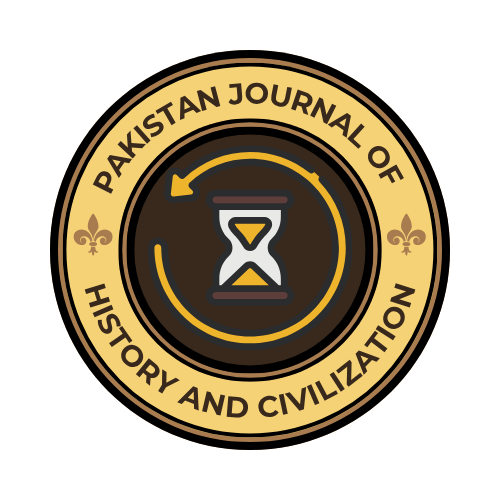
Plagiarism Policy
Pakistan Journal of History and Civilization is firmly committed to upholding the highest standards of academic honesty and integrity. The journal considers plagiarism — the unacknowledged use of others’ work, ideas, or data — a serious ethical violation and takes strict measures to prevent it.
Definition
Plagiarism includes, but is not limited to:
-
Copying text, data, or images from other sources without proper citation or attribution
-
Paraphrasing someone else’s work without acknowledgment
-
Submitting previously published work as original research
-
Presenting ideas or findings of others without appropriate credit
Screening and Detection
All submitted manuscripts undergo thorough plagiarism screening using recognized software tools such as Turnitin, iThenticate, or similar plagiarism detection systems. This screening helps identify overlaps with published literature, theses, and online sources to ensure originality.
Author Responsibilities
Authors must ensure that their work is original and properly references all sources of information, data, and ideas that are not their own. Any use of previously published material, including the author’s own work, must be clearly disclosed and cited in accordance with ethical standards.
Actions Against Plagiarism
If plagiarism is detected at any stage — before or after publication — the journal will take appropriate actions depending on the severity of the offense. These may include:
-
Rejection of the manuscript during review
-
Retraction or correction of published articles
-
Notification to the authors’ institutions or funding bodies
-
Banning authors from future submissions for a defined period
Commitment to Ethical Publishing
Pakistan Journal of History and Civilization adheres to guidelines set by the Committee on Publication Ethics (COPE) and other recognized bodies. The journal promotes transparency, honesty, and respect for intellectual property rights to foster trust in academic publishing.

